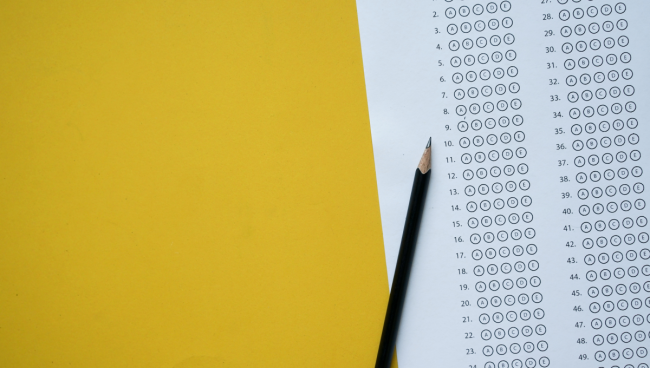You have /5 articles left.
Sign up for a free account or log in.

iStock.com/Chainarong Prasertthai
Recent weeks have seen a surge in research universities going test optional on admissions.
The historic strength of the test-optional movement has been liberal arts colleges. Many that were not already test optional shifted their policies -- some permanently, some for one or two years -- in the wake of the coronavirus pandemic interfering with test taking in the spring. Eighty-five percent of the 100 top liberal arts colleges (according to U.S. News & World Report) will be test optional this year, according to a report being released today by FairTest: the National Center for Fair and Open Testing.
The comparable figure for research universities is 55 percent, but it is growing, according to FairTest's report.
Yale University announced Friday that it would be test optional this coming admissions year. "This one-year policy change reflects the extraordinary circumstances that students, families, and educators are currently facing," said a Yale statement.
Brown University made a similar announcement. "As COVID-19 continues to impact students and families around the world, it has become clear that adjustments needed to be made to our policy regarding standardized testing this year. With the recent announcement that there will not be an at-home SAT offered this fall, and the ability to register for in-person testing significantly limited, we know that students are facing particularly great challenges in regions that have already been disproportionately affected by the global pandemic. While we cannot change the realities of these unprecedented circumstances, we can change our admission policy to address the challenges with which we are confronted. For first-year applicants in the 2020-21 admission cycle, Brown is now test optional. This change is for the 2020-21 academic year only," said Brown's statement.
Cornell University went test optional in April and was followed by Columbia University, Dartmouth College and the University of Pennsylvania. Six Ivy League institutions are now test optional.
Harvard and Princeton Universities continue to require the SAT or the ACT, with Harvard saying, "We know that there are fewer opportunities to take the SAT or ACT given the cancellations to date. This means that many students may not be able to take these tests more than once. The fact is that there are diminishing returns in taking these tests multiple times, and we hope students will not feel compelled to do so now or in the future."
Princeton said, "We also know the cancellation of some test dates for the SAT or ACT will result in a limited number of opportunities to sit for these exams. While applicants will still be expected to submit standardized test results as part of their application, we know you might not have the opportunity to take these tests multiple times."
The push for going test optional has hardly been limited to Ivies. Other research universities that have recently gone test optional include Carnegie Mellon University, Pennsylvania State University, Rensselaer Polytechnic Institute, Southern Methodist University, the University of Miami, the University of Virginia and the University of Washington.
Caltech has announced a two-year moratorium on considering SAT or ACT scores. And the University of California announced a five-year campaign to replace the SAT and ACT with a new test.








